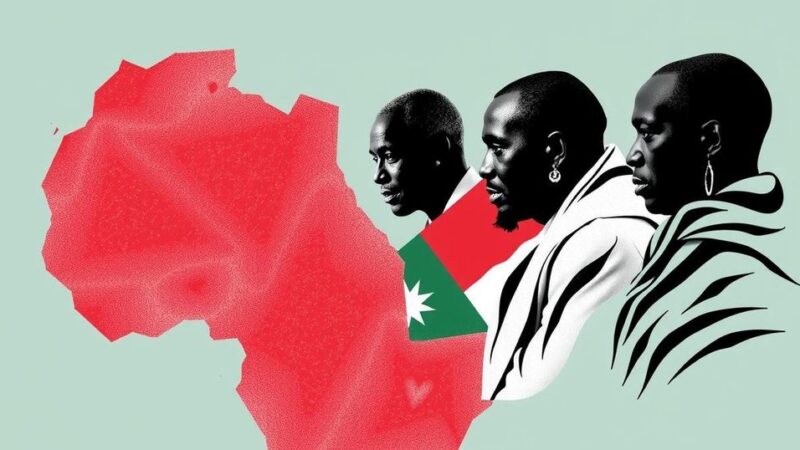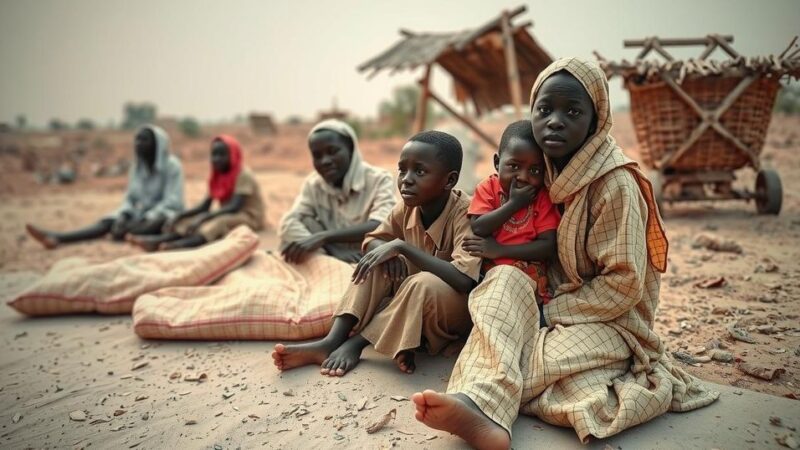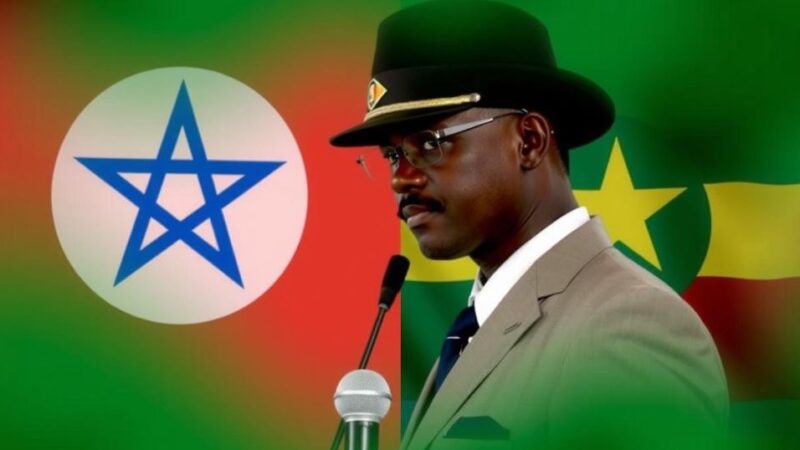Brazil faces a potential decline in its influence within the expanding BRICS group, now including new members like Egypt, Ethiopia, Iran, and the UAE. This expansion complicates the group’s dynamics, as Brazil works to maintain its stance while opposing Venezuela’s partnership. Former Brazilian President Dilma Rousseff’s continued leadership at the New Development Bank offers a strategic opportunity for Brazil to shape future BRICS objectives, particularly in diversifying financial transactions away from the dollar.
Brazil is experiencing a shift in its position within the BRICS group as it expands its membership. While Brazil, as a founding member and the first country in the BRICS acronym, has historically held internal influence, the recent admission of four new countries—Egypt, Ethiopia, Iran, and the United Arab Emirates—along with interest from additional nations, poses challenges to its authority. As larger economies like China, India, and Russia hold significant sway, Brazil’s influence risks diminishing amid this expansion. The group’s recent growth reflects China’s strategic aim to enhance its power in multilateral platforms and leverage alternative currencies for international transactions, which has gained traction among countries wary of Western sanctions, especially those affecting Russia. Consequently, the group has taken a more anti-Western turn, contradicting Brazil, India, and South Africa’s preference for a non-aligned stance. At the recent BRICS summit in Kazan, Brazil took action to assert its remaining influence by opposing the inclusion of Venezuela as a partner country, signaling a diplomatic rebuke to President Nicolás Maduro’s contested election victory. This opposition aligns with Brazil’s long-term diplomatic strategy to support democratic progress in the region, diverging from outdated ties with the Maduro regime. On a more positive note for Brazil, former President Dilma Rousseff received endorsement to continue leading the BRICS New Development Bank beyond 2025. The bank aims to increase local currency loans, reducing dependence on the dollar within BRICS transactions, a critical goal supported by the Lula administration as Brazil prepares for its forthcoming rotating presidency in the group. In light of the electoral landscape in Uruguay, significant regional political dynamics are anticipated, with elections set to influence relations and trade agreements within the context of BRICS and other alliances.
The BRICS group, consisting of Brazil, Russia, India, China, and South Africa, has been evolving since its inception, with Brazil positioned as a founding member. Historically, Brazil enjoyed relative influence within the group, but as membership expands with new entries and potential partners, its authoritative voice is threatened. This shift emerges amidst geopolitical tensions wherein countries like China seek to enhance BRICS’ stature as a counterweight to Western powers. Brazil aims to navigate these changes while still championing democratic principles in neighboring Venezuela.
Brazil’s position within the BRICS framework is under scrutiny as expansion diminishes its influence. As the bloc grows, the dynamics shift, with countries like China and Russia steering towards a more anti-Western sentiment, contrasting with Brazil’s vision for the group. Brazil’s recent diplomatic maneuvers demonstrate its commitment to regional democracy while preparing to assert leadership in BRICS’ initiatives such as the New Development Bank. The unfolding situation warrants close observation, particularly as it intersects with broader geopolitical and economic trends.
Original Source: foreignpolicy.com







